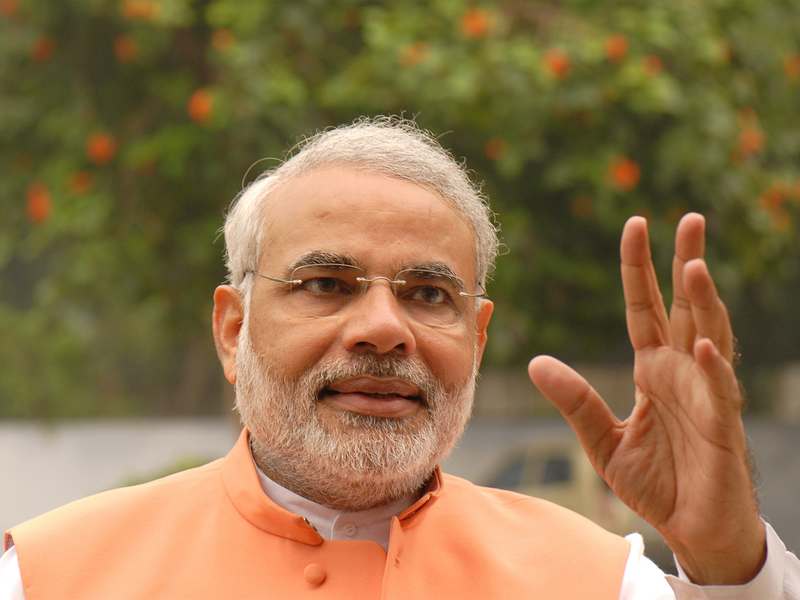In November last year, the Narendra Modi government introduced a Swacch Bharat Cess of 0.5%. As the press release announcing the decision said: “Swachh Bharat Cess is not another tax but a step towards involving each and every citizen in making contribution to Swachh Bharat…The proceeds from this cess will be exclusively used for Swachh Bharat initiatives.”
In short, the money raised from this cess would be used for keeping India clean. The government hopes to raise close to Rs 10,000 crore through this cess, during the course of a full financial year.
There are several questions that this new cess raises. The first being that if the government has to introduce a cess to keep India clean, then what does it use its main tax revenues for? If a portion of these tax revenues are not being spent on something as important as keeping India clean, then what is the point in taxing citizens?
Nevertheless, there is a more important question that needs to be raised here. Should the government be taxing citizens to keep the country clean? An economist might believe that this is the right thing to do but the introduction of cess has diluted the moral incentive that citizens have to keep the areas that they live in, clean.
What does this mean? Let’s try and understand this through something that happened in Israel. As philosopher Michael Sandel writes in What Money Can’t Buy—The Moral Limits of Markets: “Often, market incentives erode or crowd out non market incentives. A study of some child-care centres in Israel shows how this can happen. The centres faced a familiar problem: parents sometimes came late to pick up their children. A teacher had to stay with the children until the tardy parents arrived. To solve this problem, the centres imposed a fine for late pickups. What do you suppose happened? Late pickups actually increased.”
What happened here? The child-care centres actually introduced a fine for parents turning up late. The idea was that with the threat of a fine hanging over their heads, the parents would come on time to pick-up their kids. Economic thinking was at work. But what happened was exactly the opposite.
The question is why? As Sandel writes: “Introducing a monetary payment changed the norms. Before, parents who came late felt guilty; they were imposing an inconvenience on the teachers. Now parents considered a late pickup as a service for which they were willing to pay. They treated the fine as it were a fee. Rather than imposing on the teacher, they were simply paying her to work longer.”
The introduction of a fine was basically treated by the parents as a fee and this led to the opposite result. As economist Dani Rodrik writes regarding the same study in his book Economics Rules: “A moral injunction that previously had kept parents’ behaviour in check was relaxed once the monetary penalty came into play.”
Now how is this linked to the Swacch Bharat Cess? Until the cess was introduced, any conscientious citizen would feel guilty when he saw garbage in his locality or in his area of work. He would think twice before littering as well.
This moral incentive changed the moment people started paying the Swacch Bharat Cess. Now the citizen is paying the government to make sure that his area of work or residence remains clean. And if that is not the case, then it is clearly not his problem, given that he has done his bit by paying a cess (or a fee) to the government.
Sandel summarises the situation best when he says: “Putting a price on the good in life can corrupt them…[and] also corrupt the meaning of citizenship.” And this is something those who introduced the Swacch Bharat Cess need to carefully think about.
(Vivek Kaul is the author of the Easy Money trilogy. He can be reached at [email protected])
The column originally appeared in the Bangalore Mirror on February 17, 2016
